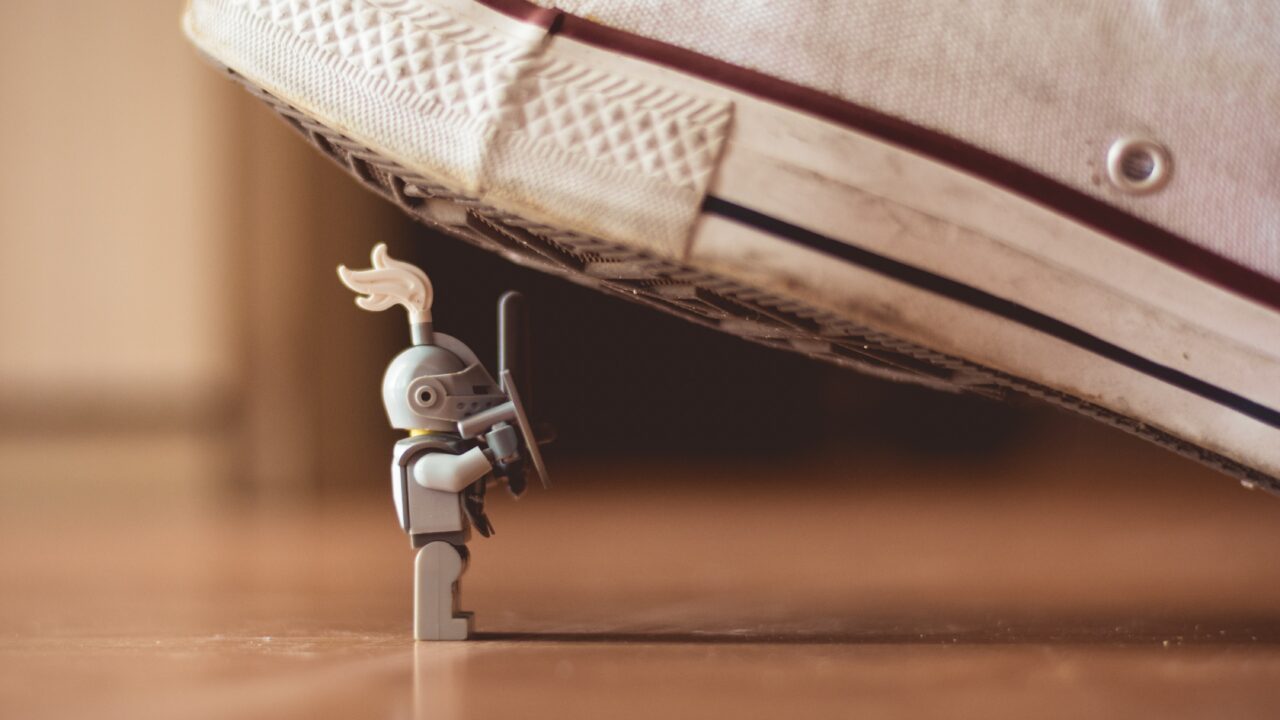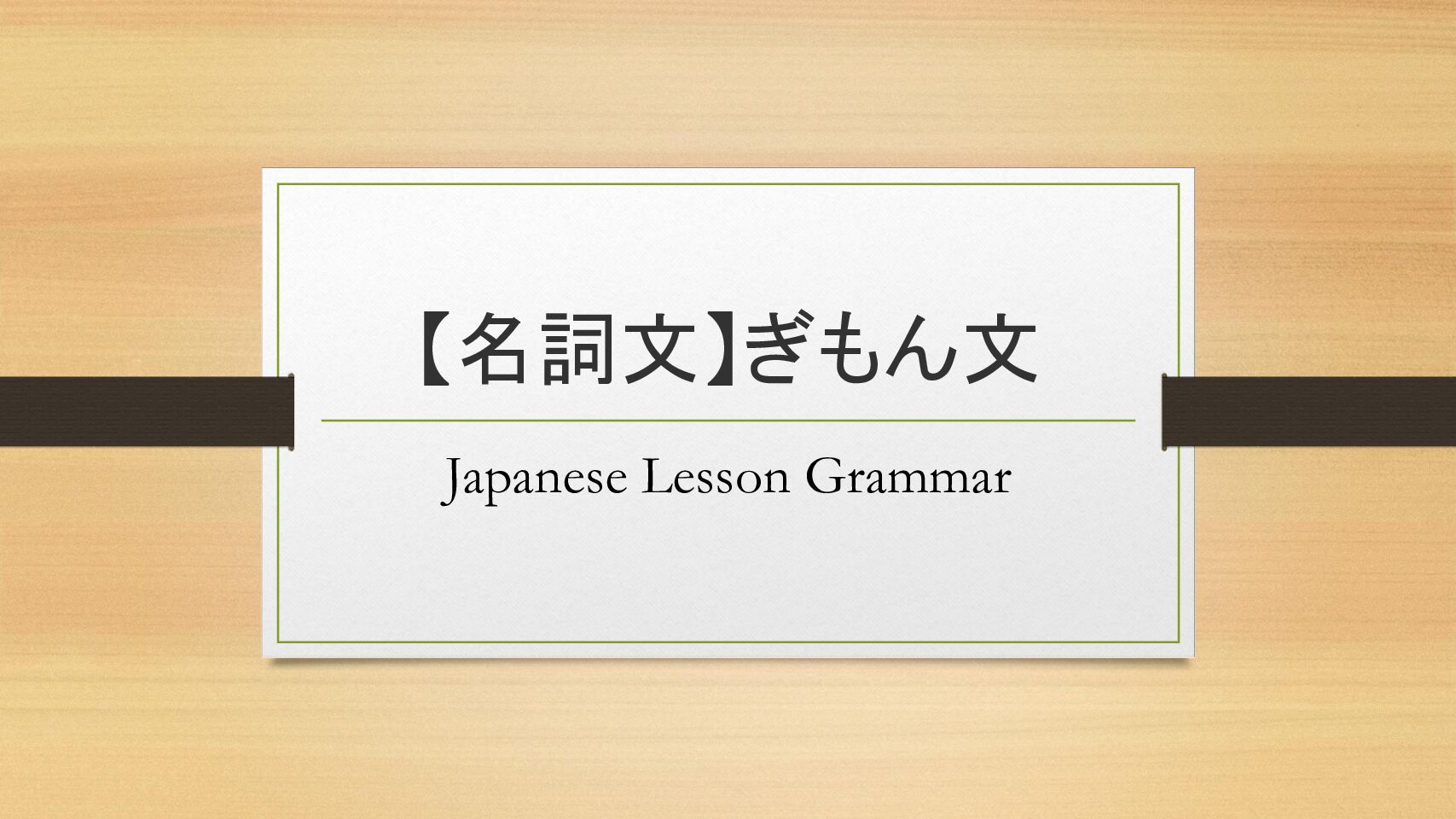Ciao! Hello This is Sarina!
Did you practice Hiragana(ひらがな) and Katakana(カタカナ)?
I hope you will be able to read them soon or you have already 🙂
So this time we will practice about “Greeting”in Japanese.
Greeting called [あ い さ つ] in japanese.
Can you read [あいさつ]? it is Hiragana!
[あ い さ つ] is pronounce [A I Sa Tsu].
meaning [Greeting]
If you could not read or do not know about Hiragana check this article 😉

From now on I will write [あいさつ] instead of writing [Greeting]!
So let’s start our lesson 😉
Basic rules
We have variety of あいさつ!
Greeting frequently used No.1 is Hello.
[Hello] in Japanese is [こんにちは].
[こんにちは] pronunciation is [Ko N Ni Chi Wa].
But why?
As you learn Hiragana [は] pronunciation is [Ha].
However, here we pronunced [Wa],,,
It is one of the confuse part.
So please remember one rule about [は].
Pronunciation rules of [は]
[は] basically pronunciation is [Ha].
But when we use [は] for end of the あいさつ(ex:こんにちは、こんばんは) and when we use [は] for connection word, we pronounce it [Wa]
こんにちは means Hello. It is あいさつ and [は] is coming end of the word(あいさつ), so we pronounce [こんにちは] to [ Ko N Ni Chi Wa ].
This [ Wa ] sounds is same as [ わ ], but we wrote [は] if it come to the end of the あいさつ.
and secoundally, we pronounce [は] to [Wa] when [は]is using as a connection word.
[は] is often used for conecct between one word and the other word.
For example, if I want to say
[I am Sarina]
I will say
[わたしは さりな] pronunciation is [Watashiwa Sarinadesu]
わたし(Watashi) means [ I ]
さりな(Sarina)means [Sarina (my name)]
[は] is using for connect the word [わたし(watashi)] and
[さりな(Sarina)] . (You can think [は] is like [am] this time)
So, for this case we pronounced [は] to [Wa].
However if [は]is using in the one word such as [はこ].
はこ means box.
and はこ is a one word, so we pronounced it [ HaKo ].
あいさつ
So now can you say こんにちは?
It is the most useful あいさつ in japan.
Now let see other あいさつ!
Good Morning
[Good morning] in Japanese is
おはようございます。
[おはようございます。] pronounced [O Ha Yo U Go Za I Ma Su]
※But it sounds more like [O Ha Yo Oo Go Za I Ma Su].
おはようございます。 using for Morning あいさつ。
Also you can say it when you just wake up!
and if with your friend, you just can tell [おはよう]
Hello
[Hello] is [こんにちは]
こんにちは pronounced [Ko N Ni Chi Wa]
Basically こんにちは is using for day time あいさつ.
But you can use [こんにちは] for all the time like morning and night.
Good evening
[Good evening] is [こんばんは]
こんばんは pronounced [Ko N Ba N Wa]
こんばんは using for evening あいさつ。
Good Night
[Good Night] is [おやすみなさい]
おやすみなさい pronounced [O Ya Su Mi Na Sa I]
おやすみなさい is using when you go sleep.(Before sleep)
If with your friend you just can tell [おやすみ]
Thank you
[Thank you] is [ありがとうございます。]
ありがとうございます pronounced [A Ri Ga To U Go Za I Ma Su]
It is Thank you.
ありがとうございます。 is polite way to say thank you but if you say thank you for your friend, you just can tell [ありがとう。]
Long time no see
[Long time no see] is [おひさしぶりです。]
おひさしぶりです pronounced [O Hi Sa Shi Bu Ri De Su]
it is Long time no see!
おひさしぶりです。is polite way to say Long time no see, so you also can use at business scene.
but if you want to use for your friend, you only can say
[ひさしぶり。]
Bye
[Bye] is [さようなら]
さようなら pronounced [Sa Yo U Na Ra]
But さようなら is more like we won’t meet you agin for long time.
See you later
[See you later] is [またね]
またね pronounced [Ma Ta Ne]
and we use more than [さようなら]
Because if we use さよなら we feel like [Can not meet again] or [can not meet so long].so even if we know that it is so difficult to meet again we use [またね]
Thank for meal
We say [いただきます] before eat meal means like Thank you for meal.
And when we finished meal we say [ごちそうさまでした]
いただきます pronounced [I Ta Da Ki Ma Su]
ごちそうさまでした pronounced [Go Chi So U Sa Ma De Shi Ta]
Nice to meet you
Nice to meet you is [よろしくおねがいします]
pronounced [Yo Ro Shi Ku O Ne Ga I Shi Ma Su]
But when you meet someone at first time you can say
はじめまして instead of よろしくおねがいします。
はじめまして pronounced [Ha Ji Me Ma Shi Te]
And it mean [Nice to meet you] as well.
but はじめまして only use when you met someone at first time.
When you leave home
When you leave home you say [いってきます]
いってきます pronounced [I TTe Ki Ma Su]
means like [I am going][I am leaving]
and if someone told you [いってきます] you can answer [いってらっしゃい]
いってらしゃい pronounced [I TTe Ra SSha I]
means like [Ok Enjoy]
When you come back home
When you come back to home you say [ただいま]
[ただいま] pronouced [Ta Da I Ma]
It mean [I am back] or [I am home]
and if someone told you [ただいま]
you can tell [おかえり]
Thank you for your hard work / study
When you finish your work or finished class
you say [おつかれさまです]
It means like [Thank you for your hard working or Thank you for your hard study]
[おつかれさまです] pronounced [O Tsu Ka Re Sa Ma De Su]
It is polite way to say, so after work and when you go home, you can say it to anyone even if the person is manager.
But if you want to say that to your friend, you can just say
[おつかれ]
pronounced [O Tsu Ka Re]








